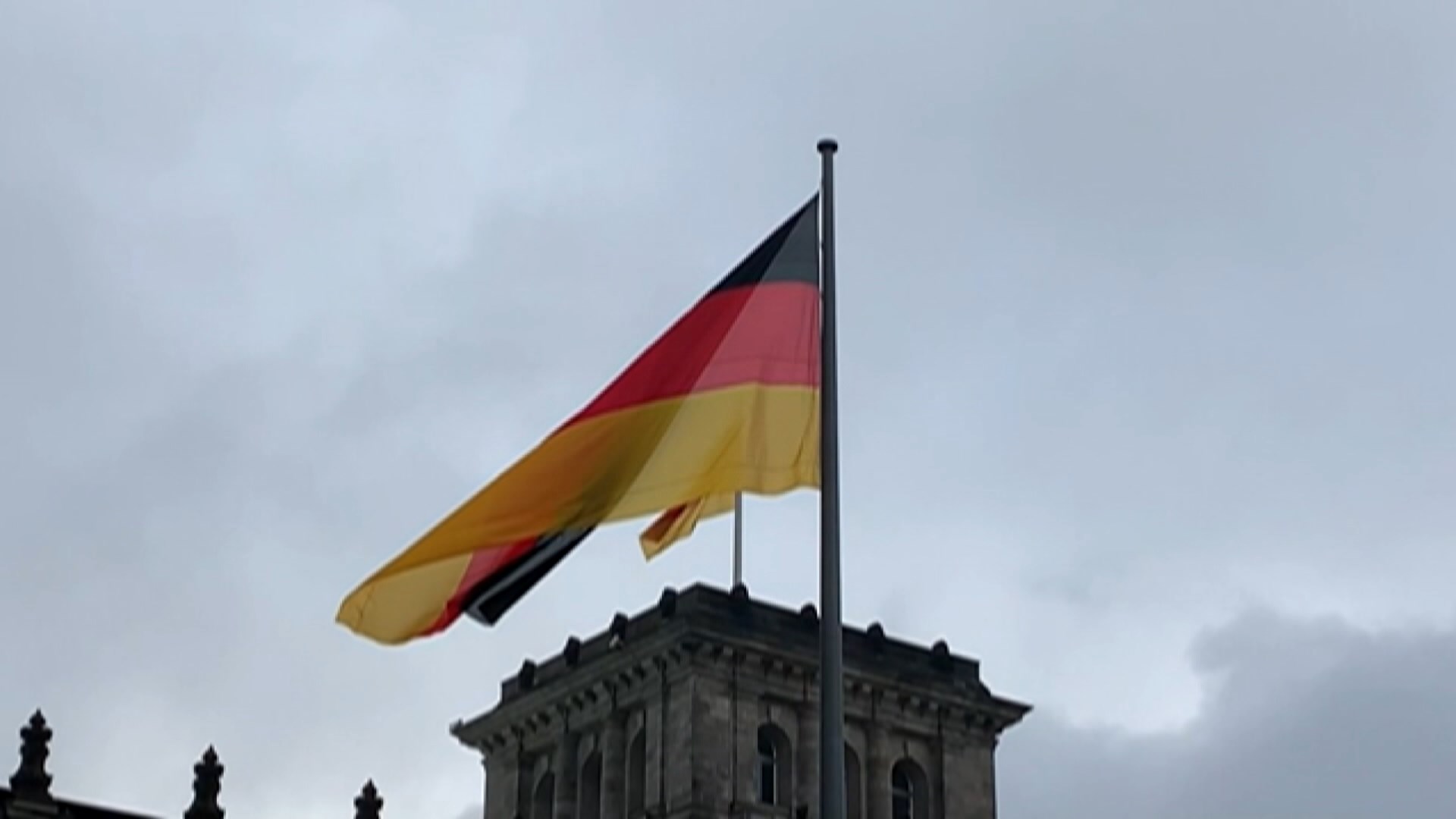3.56 BYN
3.22 BYN
3.37 BYN
Why Musk Supports "Alternative for Germany" and Why Media Remains Silent About Its Popularity
According to all forecasts, the "Alternative for Germany" (AfD), which has faced attempts to be excluded from elections and even considered for a ban, is poised to take second place. The success of the far-right is not a surprise but rather a continuation of recent trends. Germans feel like strangers in their own country. The economy, once considered exemplary, is collapsing.
For years, German authorities have turned a blind eye to existing problems, prioritizing everything except the well-being of citizens. In this context, the AfD has provided Germans with... an alternative. It's clear and straightforward. The party's election program is focused on the interests of its people, and its leader's speeches express a desire to restore the country’s former glory. So, what is this political force that has achieved such remarkable success in relatively conservative Germany in just 11 years?
The AfD is a young party. It was founded by Eurosceptics in 2013 in protest against the billion-dollar aid packages aimed at rescuing the Greek economy. The name emerged as a response to policies and statements by Angela Merkel, who often insisted that "there is no alternative" when making decisions that favored a united Europe over her own citizens.
At that time, the European Union was indeed facing turmoil. A prolonged economic crisis had led to mass unemployment in many countries, followed by a migration crisis. Germany, recognized as Europe’s engine, was straining to carry the burden alone. While prestigious, this was ultimately very costly.

Unsurprisingly, ordinary Germans, whose incomes and living standards began to plummet, sought an alternative - and they found it in the slogans and programs of the AfD.
In the Bundestag elections of September 2017, the party garnered almost 13% of the vote, becoming the third-largest faction in the German parliament. This phenomenal success brought a slew of problems to the AfD, particularly internal conflicts, which led to the ousting of its former leadership. Following this, many former members faced scrutiny regarding their political stances. The AfD was accused of myriad sins: xenophobia, racism, neo-Nazism, and ties to Russia. The past year, coinciding with elections in several German states, was particularly rich in scandals associated with the AfD.
Thomas Roeper, journalist (Germany), noted:
"In Germany, the media reign supreme. If we look at any survey, the biggest problems that most Germans cite are migration, crime, and social issues like pensions. In the German media, the only theme was 'the AfD': how bad they are, that they are Nazis, that protests against the AfD are necessary, and so on. This was the primary discussion in the media and politics over the last month or two. There was no talk about the issues that genuinely concern Germans: what to do with social security, pensions, and how to combat crime."
Adding fuel to the fire was the scandalous news that a wave of massive protests against the AfD that swept Germany in early February was organized by various NGOs, which receive support and funding from, among others, the Scholz government. The Chancellor himself has repeatedly made strong statements against the AfD, calling on people to take to the streets to protest. It's worth noting that Scholz’s personal approval rating has plummeted to the lowest in the country’s history, around 22%.
Jan Wenzel Schmidt, a Bundestag member from the AfD, commented:
"Scholz's main problem is that he has severely damaged our country's economic situation. This is partly due to sanctions against Russia, which have jeopardized our energy supplies and significantly raised electricity and gas prices. Productivity has sharply declined, putting our companies in a difficult position. At the same time, inflation has soared, devastating many citizens and severely impacting our economy, which will result in significant job losses in the coming years. Many companies are moving overseas, which is a direct consequence of Scholz's policies."
The party is actively supported by Elon Musk, which has understandably drawn criticism from Germany's ruling elite. He is accused of interfering in the country's internal affairs and behaving inappropriately, creating problems. However, Musk remains undeterred, consistently promoting his position. He posts relevant updates on social media and even participates in AfD rallies via video link.
Elon Musk, head of the U.S. Department of Government Efficiency, entrepreneur, stated:
"These elections in Germany are incredibly important. I believe they could determine the fate of Europe, and perhaps even the world. This is the significance of these elections. That's why it's crucial to talk to friends and family and convince them to consider voting for the Alternative for Germany."















